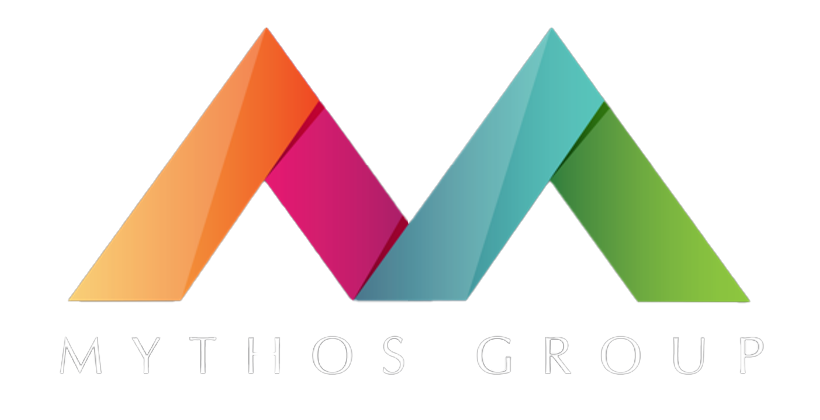Teamwork: The Business Superpower
Teamwork is the backbone of a successful business. Teamwork is much more than just dividing up tasks. When team members collaborate, they make a better outcome than any one employee could do on their own. Each team member brings their own perspective, experiences, and skills to the team.
Building a strong team that is empowered to work together can be a real superpower for your business. In this article, you’ll learn the benefits of teamwork, what roles need to be filled for effective teamwork, and how to create synergy in your team.
Teamwork Makes The Dreamwork
The classic phrase “teamwork makes the dreamwork” is more than a colloquial term: it’s true. If you spend time cultivating strong teamwork in your business, you’ll reap the following benefits.
- Teamwork makes employees more motivated. Being a part of a strong team makes team members more motivated. Members of the team motivate each other to do their best. Being part of a team also gives team members a sense of comradery that pushes them to work harder as they don’t want to let the team down.
- Teamwork provides more opportunities for professional development. Working with others with different skills allows team members to learn skills from each other. More experienced employees can mentor early career employees on best practices and early career employees can provide new energy and ideas to experienced employees.
- Teamwork creates more meaningful work. When employees work as part of a strong team, they are part of something bigger than themselves, giving them more meaning to their work and making them feel more valued.
- Teamwork allows employees with different skill sets to come together. Strong teams bring together employees with different experiences and skills to collaborate and achieve ambitious goals.
To create a strong team, you need a leader who makes fair decisions. An effective leader can bring together team members to work towards a common goal. Teams also need effective communication. The team leader should encourage open communication between team members. Additionally, team members need to feel valued. When team members feel valued, they do their best work and motivate other members of the team.
Essential Roles For Effective Teams
For teams to reach their productive peak, each team member should be assigned a specific role. Dr. Meredith Beblin, a management consultant prominent in the 1970s, developed nine roles that are essential for an effective team. While team members can carry multiple roles depending on the size of the team, these roles should be filled to create an efficient team.
There are three categories of roles: action-oriented, thought-oriented, and people-oriented.
The following are the nine roles of effective teams.
Action-Oriented Roles
- Shaper. The shaper is an action-oriented team member who drives the team forward. They are natural born leaders who have a knack for motivating themselves and others even when problems occur. Shapers are determined, work well under pressure, and maintain momentum towards the team goal.
- Implementer. The implementer is an action-oriented team member who takes action. These teammates turn ideas into action. They also maintain order and make sure tasks are completed.
- Completer-Finisher. The completer-finisher is the third action-oriented role. Those who fill this role demand perfection for themselves and others. They push teams to produce good work.
People-Oriented Roles
- Coordinator. The coordinator is the first of the people-oriented roles. Coordinators have great communication skills and are able to promote collaboration. Their calm and confident demeanor makes them more trusted by their teammates. Additionally, coordinators motivate the team to accomplish their goals.
- Resource Investigator. The resource investigator is a people-oriented team member who is interested in exploring new opportunities. They bring a positive attitude to their duties. Their natural investigative mindset makes them a natural networker and opportunity finder.
- Teamworker. The teamworker is a people-oriented team member who listens to others and supports their colleagues. They can easily adapt to change and create harmony among team members when conflicts arise.
Thought-Oriented Roles
- Plant. The plant is a thought-oriented team member. They are out of the box thinkers who drive growth, hence the name. They prefer to work alone, and then bring their ideas to the team once they’re developed.
- Monitor Evaluator. The monitor evaluator is a thought-oriented team member who is able to evaluate all possibilities and conclude the most logical solution. These rational thinkers are able to put their emotions aside to solve problems at a high level.
- Specialist. The specialist is a thought-oriented team member who has in-depth knowledge in their field. They use their advanced skills to provide knowledge to the team. For example, at Google, a specialist in the technical engineering team would have an advanced computer engineering degree and multiple years of experience at the company.
Creating Synergy In Your Team
Now that you know the nine roles of effective teams, you can implement them into your organization to create synergy. Aside from building teams with the following roles in mind, you can promote stronger teamwork by taking the following actions.
- Celebrate wins. Teams get stronger when team members feel that they are valuable and their actions are worthy. The team leader should make an effort to celebrate team and individual wins. For example, if a team member earns a big sale after weeks of cold calling, call out their hard work during the next team meeting. This will give them a boost and encourage the rest of the team to continue working hard.
- Develop communication skills. For a team to be effective, everyone in the team needs to be a decent communicator. Team leaders should make an effort to teach communication skills to the members of their team as well as improve their own communication skills.
- Be inclusive. Teams should include every team member. If one team member doesn’t speak up as much as everyone else, ask for their opinion before making a decision. They may be too shy to speak up on their own, but that doesn’t mean they don’t have valuable insights.
Doing these things will improve your teamwork and give your business an advantage over others.
Create A Better Team
If you’re ready to make your team stronger, contact Mythos Group. Our business consultants will collaborate with you to refine your team leadership skills. Our partnership will enhance your team building activities and give you personalized advice on how to implement these teamwork strategies into your business. Visit our contact page here.







